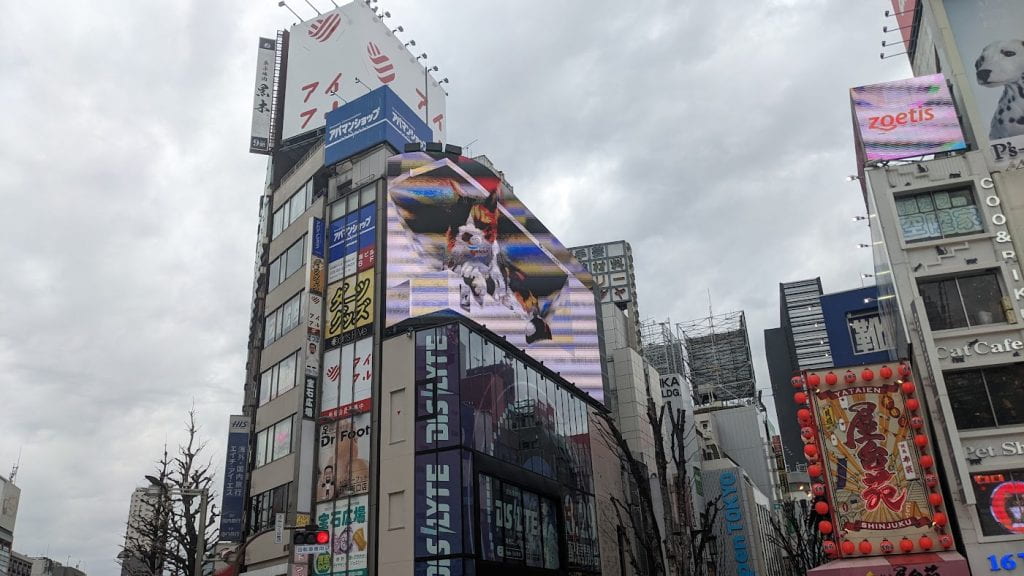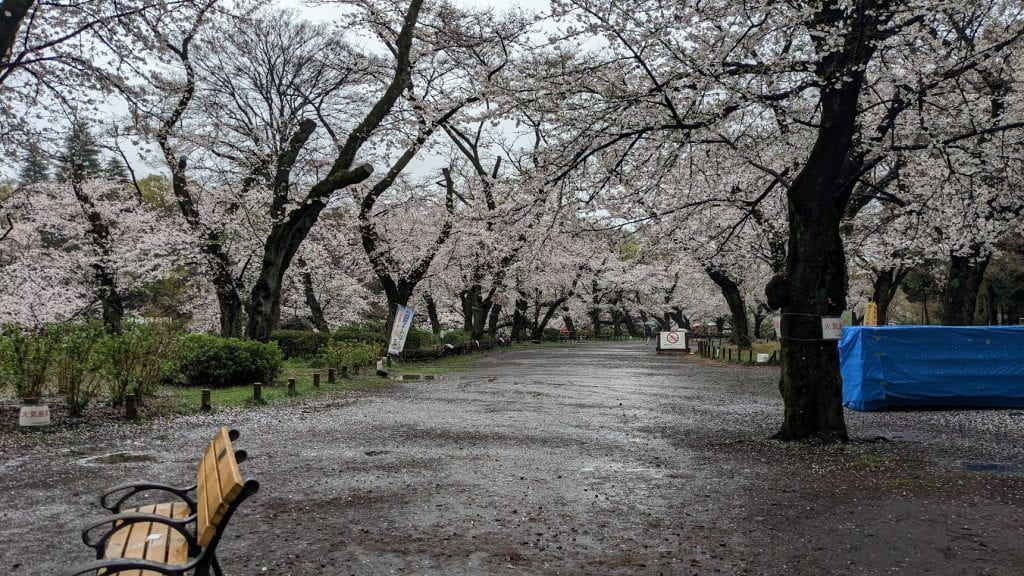By: Jade Harding
High rise buildings, walls of people, events for every season, massive gardens and surprisingly quaint parks; anything you have the will to look for.

Settling-in
For a refresher: I studied abroad in Tokyo, Japan for half a year via an exchange program. There are a multitude of ways to study abroad and even more places to go, but I hope that by describing my time abroad, I can provide some expectations to people who are considering the same path. This is the post for anyone who wants an example of what studying abroad was actually like for someone who went to Tokyo.
I am generally a pretty quiet person, and if left to my own devices I’ll just stay home. I wanted to make my time in Japan a little different, using it as an opportunity to grow. A lot of people have some goals for their time abroad, and aside from academics I had two: exploration, and actually talking to people, which were especially important while settling in.
Getting out there and exploring the city was a neverending font of fulfilling activities. Quick tip, if you expect to be doing some exploration and don’t have a portable power bank to charge your phone with, I recommend getting one. I didn’t until after arriving, but it saved me on multiple occasions. I was lucky enough to land in an incredibly walkable city with widespread access to public transport that is easy to learn and use, but spending a long time away from the house is bad for battery. It’s difficult to express the dynamic of the sheer density of Tokyo with its surprisingly tight scale, or at least that’s how it felt to me, an American used to having plenty of wide open space. You have access to just about anything you could want within an hour or two by train, or if you want to see the sights, a few hours by foot. Both are great! That is exactly how I spent my weekends, particularly in the early days of my program, getting a grasp of what the city is actually like by going to new places, from touristy spots like Asakusa or Ginza, quieter neighborhoods like Sangenjaya, or areas lively with locals like Kichijoji.

How did you get around?
It’s worth checking into the quality of public transport at your destination, or whether your program provides any transportation. An easy way to gauge the public transport is to find a bunch of places nearby you want to go to, and look into the travel time to get there using the different options available. In the case of my program, exchange students had the option to rent a bicycle, though I would say that you don’t need one given the walkability of the city. Whatever options there are, learn them and make full use to explore new places. That’s a big part of studying abroad, after all.
Finding opportunities to use Japanese
The other goal of actually talking to people had a lot to do with my study abroad location being a non-English speaking country. I won’t say that going straight abroad is the best way to learn a language from scratch, but if you go in with a strong foundation, it is easily the quickest way to increase your vocabulary and confidence with speaking. But, in order to do that, you have to actually interact with people (and things) in the language, without sticking inside a bubble of exchange students, and preferably without relying on English as a crutch—a language I assume you know if you are reading this. A quick way to find local students is to join a club. I did, and that was one of my best opportunities to interact with them outside of, say, structured events arranged for exchange students. Some programs may also put you into homestays, or, as my program did, a dorm that’s shared between exchange students and locals. That was an opportunity to see people every day and interact with them, and also helped get me out of my bubble.
Do I actually need to know Japanese?
As a tourist, you can get by in Japan with English alone. But, as a resident, especially for a longer period, you will have a tough time without speaking the native tongue. For this reason, a lot of longer programs will require a basic level of language ability, but bear in mind that textbook learning is different from the real thing. I studied Japanese for about four years before my abroad program, and it benefitted me immensely. You do not need to be fluent in a language to study abroad, but the more you know, the more you can make use of it to make the time you spend abroad more effective. And if you are still relatively new to learning the language, adjust your expectations–don’t go in with the expectation of walking away fluent, just try to understand as much as you can and see how far you go.
Personally, being able to interact freely with locals, go out on my own with confidence that I could find my way or do what I wanted without needing help, and use that as an opportunity to strengthen my skills further was incredibly beneficial.
Next time, I’ll talk about what changed as I continued with my program.